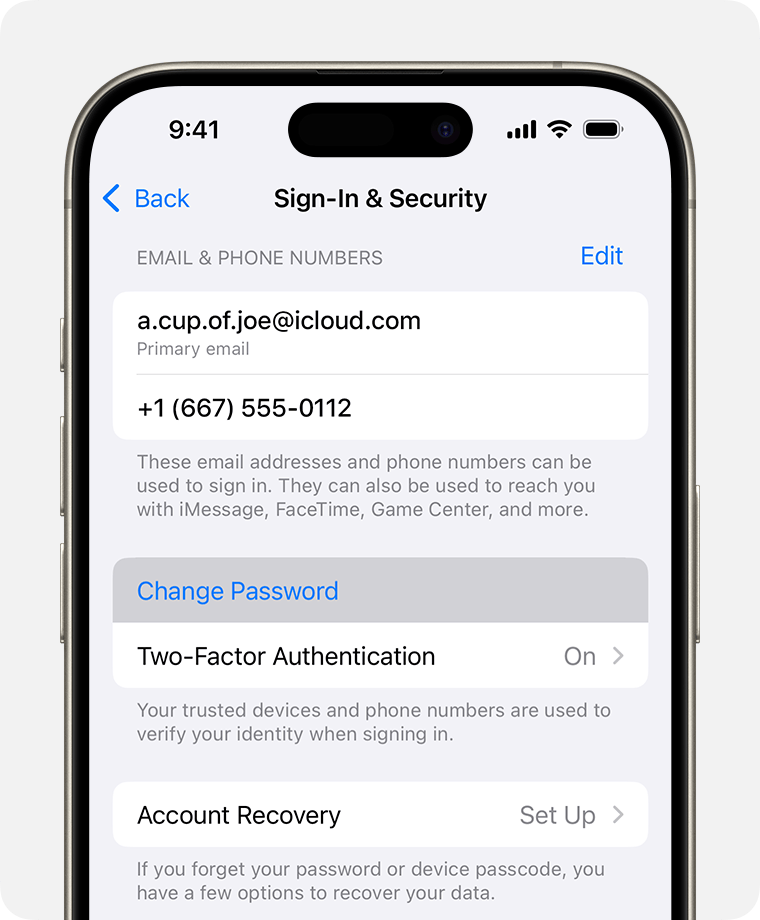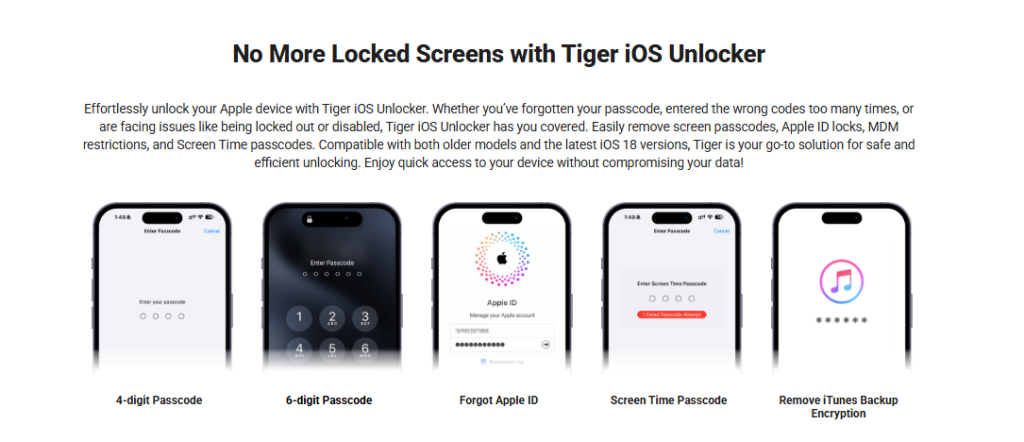In a world where we store our entire lives online — from banking and shopping to dating and working — password security has never been more critical. But despite rising cybersecurity threats, millions still use dangerously weak passwords like “123456” or “qwerty.” Why? Because they don’t realize what’s at stake — until it’s too late.
So, how do you know if your password is strong enough to keep hackers out in 2025? And more importantly, how can you protect your identity, your money, and your digital reputation from being stolen in seconds?
Let’s break it down.

In this Article
ToggleWhat Makes a Good Password in 2025?
Think your password is secure just because it’s hard to guess? Think again. Today’s hackers use AI-powered tools to crack weak passwords in milliseconds.
Here’s what a strong password must include:
✅ Length: At least 12 characters (but ideally 16 or more).
✅ Complexity: A mix of uppercase, lowercase, numbers, and special characters.
✅ Uniqueness: Every account should have a different password.
✅ No personal info: Avoid names, birthdays, pet names, or anything found on social media.
✅ No common patterns: Say goodbye to “abc123”, “password1”, or “iloveyou”.

Why Password Security Still Matters in 2025
If you think weak passwords just mean a little inconvenience — think again. Here’s what really happens when your credentials are stolen:
Identity Theft
Hackers use stolen passwords to unlock your bank accounts, credit cards, emails, even your healthcare records. They can take out loans in your name, commit fraud, or steal your entire identity.
Spying Through Devices
Ever heard of camera hijacking? If your smart devices have default or weak passwords, hackers can literally watch you at home without your knowledge.
Corporate Damage
For businesses, a stolen employee password can lead to massive data leaks, ransomware demands, and even financial ruin. In fact, 80% of all data breaches in recent years were due to weak or reused passwords.
🧾 Average cost of a breach in the U.S. (2025): $9.5 million
💥 Retail brands can lose up to 9% market value in 30 days after a breach.
What Happens When Passwords Are Stolen?
A single stolen password can snowball into:
Loss of job opportunities
Frozen bank accounts
Denied loan applications
Public embarrassment from leaked photos or emails
IRS or tax fraud in your name
Years of legal battles to clear your name

When Passwords Fail — Use a Professional Unlock Tool
Imagine this: you’ve set a complex screen password for security. Then you forget it. Or worse, you buy a used phone, and it’s locked to someone else’s iCloud.
This is where Tiger Password Recovery becomes a game changer.
✅ What It Can Do:
Remove forgotten screen passcodes
Bypass Face ID, Touch ID, and even MDM locks
Unlock carrier-locked devices without calling your carrier
Support iOS 18+, works with all major iPhone/iPad models
No iTunes, no Apple ID needed

4 Other Smart Ways to Protect Yourself
Aside from using strong passwords and reliable unlock tools, don’t forget these essentials:
1. Use a Password Manager
Tools like Dashlane or 1Password store all your passwords in an encrypted vault, so you only need to remember one.
2. Turn On 2FA (Two-Factor Authentication)
Even if someone steals your password, they still need a code sent to your phone.
3. Connect With a VPN
A VPN encrypts your online traffic — critical for safe browsing, especially on public Wi-Fi.
4. Use Antivirus and Identity Protection
Look for software that can flag breached accounts, block malicious sites, and scan devices for keyloggers or spyware.
Conclusion
It’s not 2005 anymore — today’s cyber threats are more advanced, relentless, and costly than ever. One careless password could expose your personal life, financial data, or even leave your device vulnerable to lockouts and breaches. That’s why creating strong, unique passwords — and backing them with digital tools like password managers, VPNs, and even iPhone unlock solutions like Tiger Unlock Tool — is no longer optional, it’s essential. Take control of your digital security now, before someone else does it for you.



